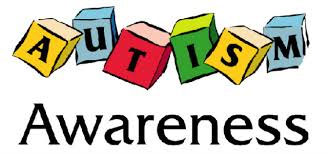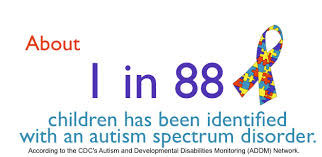
by Tess Lawson | Aug 21, 2015 | ADHD, Autism, Alzheimers & Addiction Issues, Alzheimers & Addiction Issues, Autism, Stress
Research Published 2014 Dec – Pubmed.com Neuromodulation integrating rTMS and neurofeedback for the treatment of autism spectrum disorder: an exploratory study Abstract Autism spectrum disorder (ASD) is a pervasive developmental disorder characterized by...

by Tess Lawson | Aug 21, 2015 | ADHD, Autism, Alzheimers & Addiction Issues, Autism, Stress
Research published on Pubmed.com 2014 Aug 7 Neurorehabilitation of social dysfunctions: a model-based neurofeedback approach for low and high-functioning autism Abstract Autism Spectrum Disorder (ASD) is an increasingly prevalent condition with core deficits in the...

by Tess Lawson | Aug 21, 2015 | ADHD, ADHD, Autism, Alzheimers & Addiction Issues, Alzheimers & Addiction Issues, Autism, Stress
Research Published 2015 Mar 6 – Pubmed.com Anterior insular cortex regulation in autism spectrum disorders. Abstract Autism spectrum disorders (ASDs) comprise a heterogeneous set of neurodevelopmental disorders characterized by dramatic impairments of...

by Tess Lawson | Oct 12, 2014 | ADHD, ADHD, Autism, Alzheimers & Addiction Issues, Anxiety & Insomnia: Learn to Fall Asleep Easily!, Stress
Possibilities for prevention of ADHD? Arns M. Abstract BACKGROUND: Personalized medicine aims to provide the right treatment for the right person at the right time, as opposed to the currently employed ‘one-size-fits-all ‘ approach. This development relies on...

by Tess Lawson | Oct 12, 2014 | ADHD, ADHD, Autism, Alzheimers & Addiction Issues, Athletes & Artists- NeuroFeedback Improves Your Performance, Stress
Chris Kaman Reveals Childhood Misdiagnosis on ESPN’s “Outside the Lines” January 15, 2008 On Sunday, January 13th Clippers’ center Chris Kaman revealed on ESPN’s “Outside the Lines” that as a child he was misdiagnosed with...

by Tess Lawson | Oct 10, 2014 | ADHD, Autism, Alzheimers & Addiction Issues, Brain Training, Stress
Aug. 11, 2013 — Addiction to smoking and other substances involves a particular set of brain areas related to self-control, according to numerous research. For a new study, researchers wondered if a training approach designed to influence this addiction pathway could...







